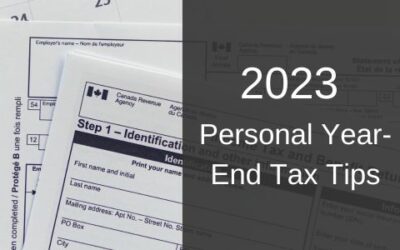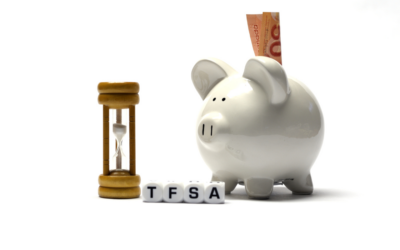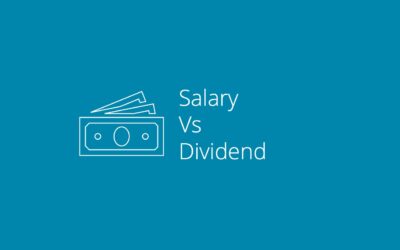2023 Personal Year-End Tax Tips
Maximize your tax savings! Discover expert tips on investments, family deductions, retirement, and more in our latest article.
Understanding Tax-Free Savings Accounts (TFSAs)
A Tax-Free Savings Account is a powerful tool to help you achieve your financial goals. Whether you’re saving for a new home, planning for retirement, or investing in your children’s education, a TFSA can be a valuable part of your financial strategy. The flexibility and tax advantages it offers make it a great choice for many Canadians.
Remember, the sooner you start, the more time your investments have to grow tax-free. Every dollar counts when you’re planning for the future, and a TFSA can help you make the most of your savings.
Don’t wait until tomorrow to start planning for your future. Contact us today to begin your journey to financial security today.
The Health Spending Account for Business Owners and Incorporated Professionals
Discover a game-changing solution to manage medical expenses efficiently – the Health Spending Account. As a business owner, reduce tax burdens and provide tax-free benefits to yourself and employees. No monthly premiums, cost-effective, and hassle-free reimbursement process. Unlock the full potential of your healthcare budget now.
Protecting Key Talent using Group Benefits
Unlocking Success: The Power of Group Benefits in Safeguarding Your Key Talent
Discover the secrets to retaining your organization’s most valuable employees and gaining a competitive edge in today’s dynamic job market. Learn how group benefits play a crucial role in fostering a knowledgeable and engaged workforce. From comprehensive health coverage to career development opportunities, this article unveils the keys to a sustainable future. Don’t miss out on the chance to build a stronger, more prosperous tomorrow for your company. Read on and unlock the potential of group benefits!
Do you have enough for retirement?
Many of us dream of the day that we can retire and have the time to ourselves that we have dreamed of for so many years. But, to have a genuinely contented and relaxing retirement, you need to ensure that you have the means to afford it. So, now’s the best time to consider the three critical stages of retirement planning.
1) Accumulation
2) Pre-retirement
3) Retirement
The Six Steps to Financial Planning
A certified financial planner is trained to focus on all aspects of your finances – everything from your taxes to retirement savings.
The six steps to financial planning are:
• Meeting your financial planner
• Determining your goals and expectation
• Reviewing your current financial state
• Developing a financial plan
• Implementing a financial plan
• Monitoring the plan
A certified financial planner will develop a plan that works for you both today and in the future.
Salary vs Dividend
As a business owner, you have the ability to pay yourself a salary or dividend or a combination of both. In this article and infographic, we will examine the difference between salary and dividends and review the advantages and disadvantages of each.
First Home Savings Account (FHSA): What You Need to Know
Are you looking to buy your first home in Canada? The First Home Savings Account (FHSA) could help make it happen. This savings plan allows first-time home buyers to save up to $40,000 tax-free, with contributions being tax-deductible. In this article and infographic, we cover everything you need to know about FHSA, including eligibility requirements, contributions and deductions, qualifying investments, withdrawals, and transfers.
What is Critical Illness Insurance?
More people are surviving serious medical issues such as cancer, a heart attack, or a stroke. And while this is good news if a critical illness happens to you – your recovery may come with costs that you don’t have the money to cover.
This is where critical illness insurance can play a crucial role. Our article covers the key things you need to know about critical illness insurance:
• What critical illness insurance is.
• What you can use the money from critical illness insurance payout for.
• How you can get critical illness insurance.









